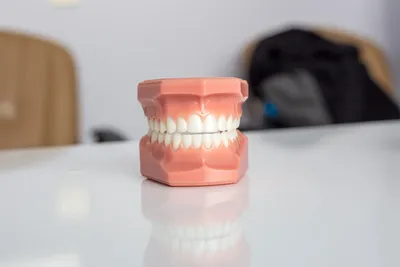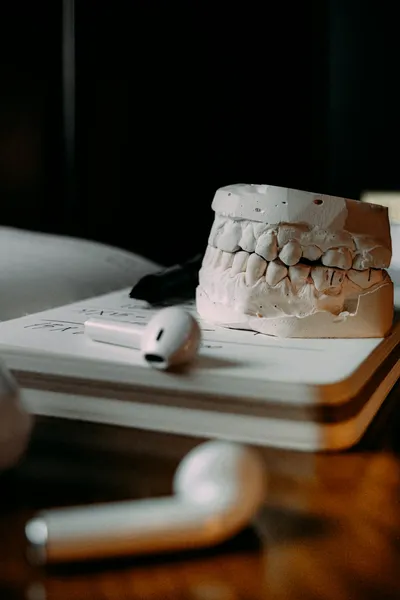
What is a Root Canal?
A root canal is a dental procedure designed to remove infection from inside a tooth. It addresses issues deep within the tooth's pulp and roots, helping to preserve the natural tooth.
When is a Root Canal Necessary?
Root canals are typically required when the tooth pulp, the soft tissue inside the tooth, becomes infected or inflamed due to decay, repeated dental procedures, cracks, or chips.
Signs You May Need a Root Canal
- Persistent toothache
- Sensitivity to hot or cold
- Swelling or tenderness around the gum line
- Darkening of the tooth
The Root Canal Procedure
The procedure involves several steps and usually requires one or two visits to the dentist. It begins with an examination and X-rays, followed by the application of a local anesthetic to ensure comfort. The dentist then removes the infected pulp, cleans and shapes the root canals, and seals the space to prevent future infection.
Step-by-Step Process
- Examination and X-rays
- Anesthesia administration
- Pulp removal and canal cleaning
- Canal filling and tooth sealing
- Placement of a crown for protection
Benefits of a Root Canal
A root canal can save a natural tooth, reduce pain, and protect other teeth from excessive wear or strain. Preservation of natural teeth is crucial for maintaining proper chewing and speaking functionality.
Aftercare for Root Canals
Post-procedure, patients may experience minor discomfort, which can be managed with over-the-counter pain relievers. It is critical to follow your dentist's aftercare instructions, including maintaining oral hygiene and attending follow-up appointments.
Tips for a Smooth Recovery
- Avoid hard and crunchy foods immediately after the procedure
- Maintain a regular oral hygiene routine
- Attend follow-up visits for optimal tooth restoration
Conclusion
Root canals are vital procedures that can effectively address severe infections, helping to preserve your natural teeth and maintain overall oral health. If you suspect you need a root canal, consult with your dentist promptly to prevent complications.
Popular Oral Health Articles
Explore the articles our readers find most helpful, ranging from basic dental care tips to advanced oral health topics.






